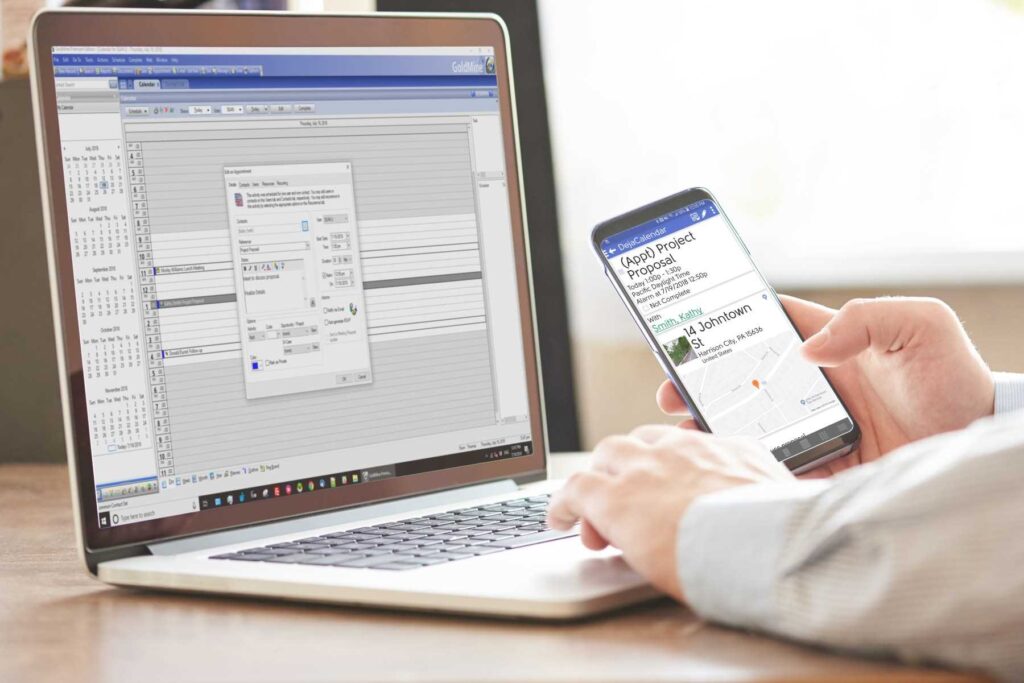Consultants need the best tools to stay ahead in business today. A key tool is Customer Relationship Management (CRM) software. CRM technology helps you manage your company’s relationships and talks with customers. A CRM system lets companies handle customer talks, make their processes better, and get more profit.
The CRM software is very important for consultants. Consultants work to keep good client relationships, understand their needs, and give them special solutions.
A good CRM system has many benefits: it organizes and studies talks with customers, improves talking, and helps businesses grow. It makes sure every client gets the attention they need and keeps a strong flow of new people who may become customers. Also, it gives insights that help consultants give personalized service to solve client problems.
Next, we will look at the best CRM systems. These tools do more than manage contacts; they help you manage clients from the first talk until you finish their project and even after.
1. DejaOffice

DejaOffice wants to make your life simpler with a central place for organizing. It has important things like managing contacts, scheduling calendars, making tasks, and taking notes, all of which are easy to use. DejaOffice is great whether you are a busy person with many projects or just someone who wants to organize personal things.
It gives you lots of tools to get more organized. Manage your contacts with special fields for both people and companies. Use the calendar to plan things out, set reminders, and use colors to see things better. DejaOffice lets you make a to-do list with deadlines and check your progress. The app also has a feature for notes that you can search for.
This CRM can be used on any device and from anywhere. It has all its features together, so you do not need different apps. However, it may not have some special features that other CRM systems have. If you choose the free version, you might find it limited.
The company gives a free version for simple use. If you pay, you get more features, and you can store more contacts. The price changes with the package you pick and how many users you have. It is important to think about what you need and your money before you decide to pay.
2. HubSpot
HubSpot CRM is easy and helps businesses manage their clients better. It is simple to use, even for beginners with CRM.
With HubSpot CRM, you can track emails well, manage leads, and automate sales. These help you with clients, especially if you have a consultancy firm.
It is popular because it is easy and has many features. But if you need more, it can become expensive.
The CRM system has a free version with the main features. But if your business gets bigger, you must pay at least $50 each month. Paying more gives you extra and special features.
3. Salesforce
Salesforce CRM is the best in the market, and it has many strong tools for businesses. Salesforce is made to grow and change easily. It helps many different kinds of businesses, like those that give advice to others.
People like Salesforce because it has good data analysis, smart insights, and can change to meet needs. These things help companies make smart choices and treat their customers in a personal way.
It is strong because you can change it a lot, and it works with other programs. But starting to use it can be hard. You might spend a lot of time and money to keep changing it.
The subscription prices are at least $25 each month for each person for the simple plans. If you want more options or to do more things, you pay at least $75 each month for each person.
4. Zoho CRM
Zoho CRM works well for all sizes of businesses. It has many tools for sales, marketing, and helping customers all together.
This is great because it has sales automation, helps manage contacts and leads, and has tools to make workflow good. It helps businesses work better and get more done.
The good things about Zoho CRM are that you can change it a lot, and it works with many programs. But it has many features that might be too much for new people to learn.
The tool has different prices to fit what businesses need and what they can pay. They have a free plan for small groups or plans with more features that start at $12 a month for each person.
5. Freshsales CRM
Freshsales gives a new and easy way for businesses to look after leads, talk to customers, and keep track of sales.
It has ways to score leads, make calls, send emails, and set up smart workflows. This lets teams focus on and manage talking to customers better.
A big plus is that it is easy to use and works well with other products from the same company. Some people may think that the reports from this CRM are not as good as others.
The software has many prices. It starts with a free one and goes up to $15 a month for each user.
Criteria for selecting the best CRM
You should choose an easy CRM. A hard CRM can make work slow and make people unhappy. A simple CRM helps your team do their job well.
The major selection criteria for any CRM is that you should be able to change your CRM at any point in time. This helps it fit your company better. As your company changes, a flexible CRM will too.
Your CRM should work well with other tools you use. This makes work faster and stops mistakes.
The prices are another major factor to be considered. Think about the cost at the start and later. A cheap CRM might sound good, but check what you get for the money.
Conclusion
The best Customer Relationship Management software for you depends on what you need and how much you can spend. Think about how big your projects are, how many people are on your team, and what other tools you want it to work with.
According to our testing, DejaOffice offers the best combination of features and prices for consultants. It has the advanced options that a consultant needs to manage his clients. Additionally, the company offers favorable prices for small and big enterprises.
Do not forget a good CRM setup needs more than the software. Spend time to know your team’s workflows and data needs. Use the training materials you can find and make sure users keep using the CRM for the best results.
